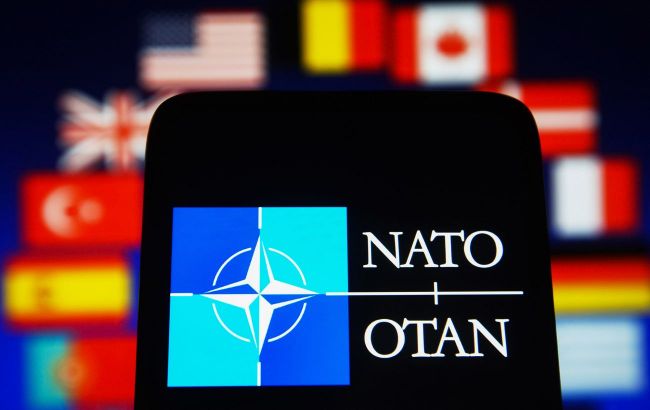German intelligence warns: Disturbing signals from Moscow suggest Ukraine may be just first target
 Unity of NATO countries (Illustrative photo: Getty Images)
Unity of NATO countries (Illustrative photo: Getty Images)
Germany is sounding the alarm over the threat from Russia. There are many indications that the Kremlin may attempt to test NATO’s Article 5, states the head of Germany’s Federal Intelligence Service (BND), Bruno Kahl.
In his view, Russia will not limit itself to plans of seizing Ukraine. The reason is that Moscow is increasingly doubtful about the Alliance’s ability to act as a united front.
Statement from German intelligence
In Berlin, they believe that after Ukraine, the Kremlin may challenge the entire Alliance.
At the same time, Kahl speaks of a threat to NATO’s collective security.
“We are absolutely certain and have intelligence evidence: Ukraine is just one step. There are people in Moscow who no longer believe that NATO’s Article 5 is effective. And they want to test it,” the senior official stated.
What Is NATO’s Article 5?
Article 5 is the cornerstone of NATO’s collective defense, established under the Washington Treaty of 1949 - the very foundation of the North Atlantic Alliance.
The principle is simple but powerful: an armed attack against one NATO member is considered an attack against all.
In practice, this means that if any member nation is attacked, the rest are obligated to respond as if they themselves were under attack. However, each country can decide how to support the response, whether through military force, supplies, intelligence, or other means.
To date, Article 5 has only been invoked once, following the September 11, 2001, terrorist attacks in the US.
Bruno Kahl’s recent remarks suggest that the Kremlin may be questioning whether the West would truly uphold this commitment if put to the test.
Which country could be targeted?
Germany’s intelligence agency hasn’t specified which NATO country might come under attack, but most experts agree the Baltic states or Eastern European nations, particularly those bordering Russia or Belarus, like Estonia, Latvia, Lithuania, or Poland, are likely candidates for potential provocations.
Kremlin’s strategic goal: Undermining the West
According to Bruno Kahl, Russia’s ambitions go far beyond the war in Ukraine. The Kremlin aims to expand its geopolitical influence westward. A key part of that strategy could involve undermining NATO from within - by sowing doubt about the Alliance’s ability to respond swiftly and decisively.
Western response
So far, there has been no official reaction from NATO leadership or the United States.
However, in recent months:
- NATO has ramped up its military presence in Eastern European countries;
- large-scale exercises have been held near Russia’s borders;
- member states have taken steps to boost the combat readiness of their armed forces.
The signal from Berlin serves not only as a warning to policymakers but also as a wake-up call to citizens: Europe’s security can no longer be taken for granted. In the face of a provocation, the Alliance will either prove its strength or risk losing credibility for good.
NATO Secretary General Mark Rutte, speaking at Chatham House, warned that Russia is rapidly ramping up its military capabilities, making it highly likely that Moscow could launch an attack on NATO within the next five years.
He also stated that NATO countries plan to boost their air and anti-tank defense systems by 400%. According to Rutte, this major upgrade is a direct response to the growing threat from Russia.

